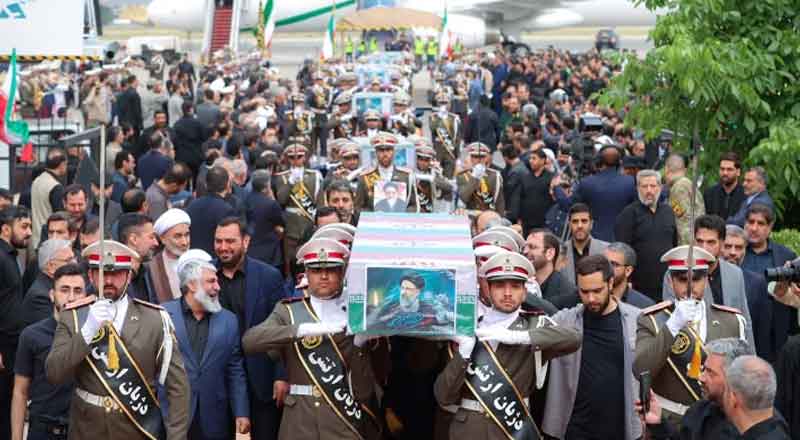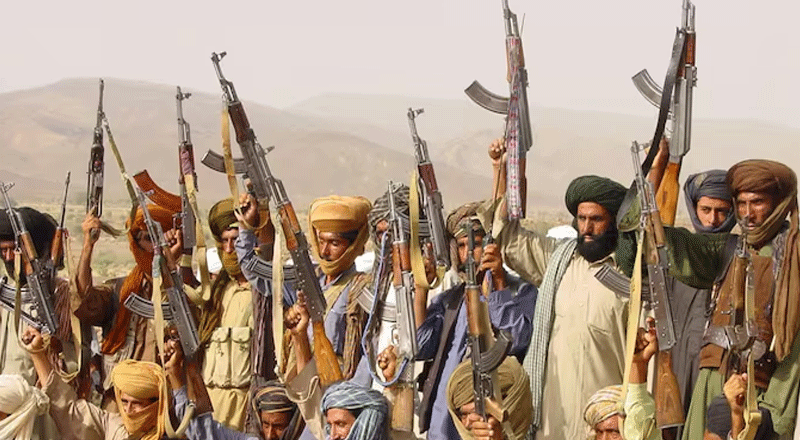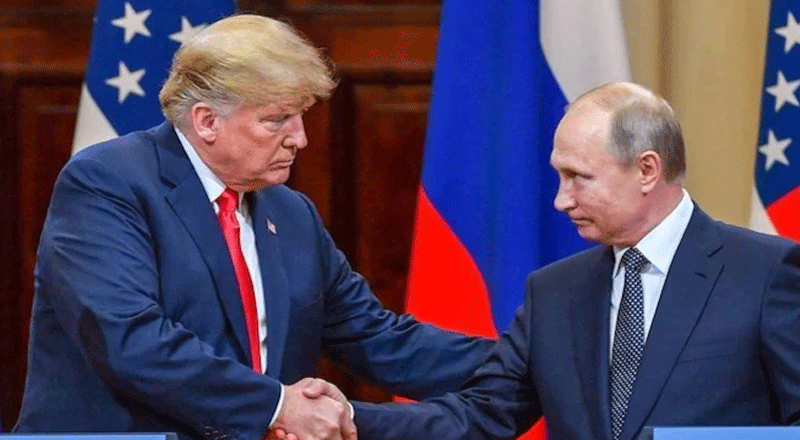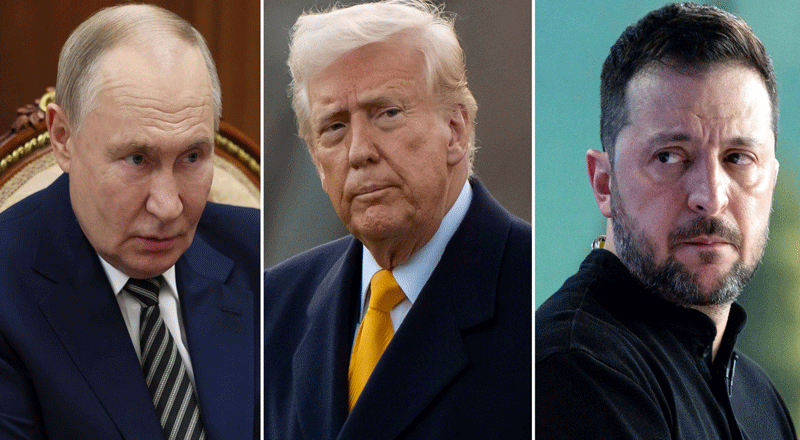- Iran bids farewell to its late President Ebrahim Raisi and his companions, who tragically perished in a helicopter crash near the Azerbaijan border.
- Ayatollah Ali Khamenei, the Supreme Leader of Iran, led the funeral prayers offering solemn words for the departed souls and reflecting on the legacy of the deceased.
- The ceremony unfolded against the backdrop of Tehran University, where thousands of mourners clad in black gathered to pay their respects.
- Following the prayers, emotions ran high as the crowd surged forward to pay their final respects, reaching out to touch the coffins as if seeking solace in their tangible presence.
- As the nation mourns, dignitaries from across the globe gather to pay their respects, a testament to President Raisi’s stature on the international stage.
- Vice President Jagdeep Dhankar represented India at the official ceremony to pay condolences.
- The death of President Raisi has stirred emotions within Iran, coming at a time of societal discord and political tension.
- As Iran bids farewell to President Raisi, the echoes of his tenure resonate in the hearts of its people, shaping the nation’s path forward amidst the complexities of the modern world.
In a solemn and poignant display of national mourning, Iran bids farewell to its late President Ebrahim Raisi and his companions, who tragically perished in a helicopter crash near the Azerbaijan border. Ayatollah Ali Khamenei, the Supreme Leader of Iran, led the funeral prayers in Tehran on Wednesday, offering solemn words for the departed souls and reflecting on the legacy of the deceased.
The ceremony unfolded against the backdrop of Tehran University, where thousands of mourners clad in black gathered to pay their respects. Clutching photographs of President Raisi, they stood in somber solidarity, united in their grief for a leader whose tenure had left an indelible mark on the nation. As the caskets, draped in Iranian flags, arrived at the venue, a palpable sense of loss hung heavy in the air.
A poignant moment came as a black turban, symbolizing President Raisi’s revered lineage tracing back to Islam’s Prophet Mohammad, was reverently placed upon his coffin. It signified not just his earthly stature but also his spiritual connection to the faith that had guided his life and leadership.
In his prayers, Ayatollah Khamenei invoked blessings upon the departed leader, expressing reverence and fond remembrance for a man whose dedication to his nation had been unwavering. He spoke of President Raisi’s commitment to the principles of justice and righteousness, virtues that had defined his tenure and endeared him to the Iranian people.
Following the prayers, emotions ran high as the crowd surged forward to pay their final respects, reaching out to touch the coffins as if seeking solace in their tangible presence. Among the attendees were top leaders of Iran’s paramilitary Revolutionary Guard, a testament to the profound impact of President Raisi’s leadership on the nation’s security and defense apparatus.
Also present was Ismail Haniyeh, the chief of Hamas politburo, underscoring Iran’s steadfast support for its allies in the region. His presence served as a reminder of the broader geopolitical dynamics at play, particularly amidst ongoing conflicts in the Middle East.
Hamas, a militant group supported by Iran, found representation at the funeral, with Haniyeh offering condolences and reaffirming the Palestinian cause as central to the Muslim world. The chant of “Death to Israel!” reverberated through the crowd, reflecting the ongoing conflict in the Gaza Strip and underscoring Iran’s unwavering commitment to its allies and principles.
As the nation mourns, dignitaries from across the globe gather to pay their respects, a testament to President Raisi’s stature on the international stage. Pakistan’s Prime Minister Shehbaz Sharif and a delegation from the Taliban of Afghanistan, including their Foreign Minister Amir Khan Mutaqqi, are among those expected to attend. Even Egyptian Foreign Minister Sameh Shoukry made the journey to Tehran, a symbol of diplomatic outreach despite historical tensions.
Vice President Jagdeep Dhankar represented India at the official ceremony to pay condolences to President Ebrahim Raisi, foreign minister Hossein Amir-Abdollahian and other officials killed in the helicopter crash.
The death of President Raisi has stirred emotions within Iran, coming at a time of societal discord and political tension. His potential succession to Ayatollah Khamenei had been a topic of speculation, underscoring the significance of his passing. The government has declared five days of mourning, urging the populace to participate in commemorative events.
However, amidst the grief, a subdued atmosphere pervades. Unlike previous instances of national mourning, the response to Raisi’s death has been more tempered. While loyalists gather in mosques to offer prayers, dissenting voices have emerged, with videos circulating online depicting subtle expressions of celebration.
In the wake of Raisi’s death, Iran seeks to honor his legacy while navigating a turbulent geopolitical landscape. The funeral ceremonies serve as a reminder of the nation’s resilience and its enduring commitment to its leaders and causes. As Iran bids farewell to President Raisi, the echoes of his tenure resonate in the hearts of its people, shaping the nation’s path forward amidst the complexities of the modern world.





